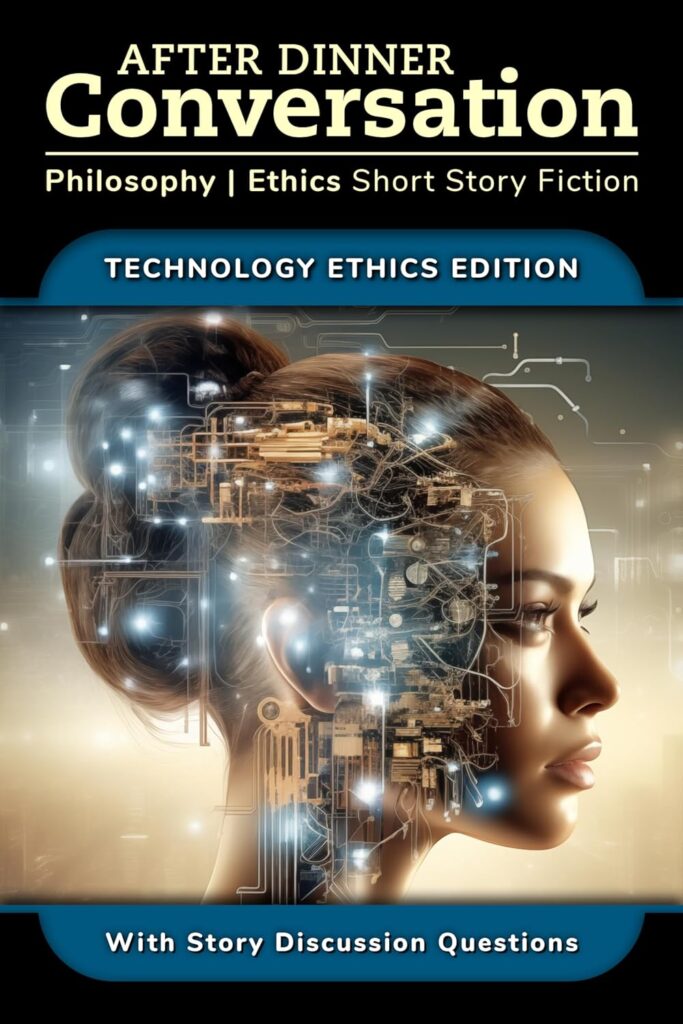
Congratulations to After Dinner Conversation literary magazine on the recent publication of their first themed short story collection! Technology Ethics is part of a series of nine themed editions the magazine is releasing throughout 2024.
The dawn of AI, transhumanism, and robotics, will rise just like the sun, inexorably, and we are now struggling to imagine that future, to understand what it might mean for humanity when/if something else takes the wheel. There is no doubt now that AI will surpass our abilities in many areas: radiological analysis, data entry, medical diagnosis, paralegal research, and the list expands daily, as does the worry surrounding the disruption to our jobs, and to our lives.
This issue of ADC speaks to the growing unease with respect to our loss of control and our involuntary delegation of decision-making to technology. This powerful and accelerating wave will be transformative.
Deborah Serra – Technology Ethics Edition Editor
You can purchase the Technology Ethics collection on Amazon. Their next collection, Crimes and Punishments is available for preorder and will be released on February 21!
This collection has already received well-deserved praise:
“These collections can offer a spine for such courses, or the individual stories could be added to a course as illustrative material to stimulate discussion; outside of educational contexts, they work nicely to stimulate conversation in families, elder hostels, youth clubs, or book groups.”
Luc Bovens, PhD – Philosophy Professor, University of North Carolina at Chapel Hill
After Dinner Conversation is an independent, nonprofit, literary magazine that focuses on short story fiction that encourages philosophical and ethical discussions with friends, family, and students. Each story comes with five suggested discussion questions. You can discover more on their website and social media: f x i.
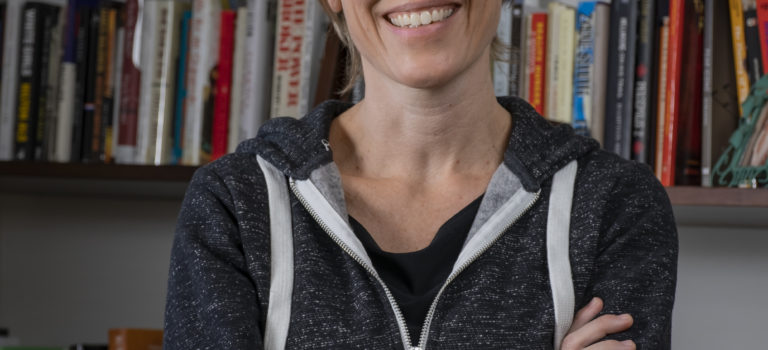
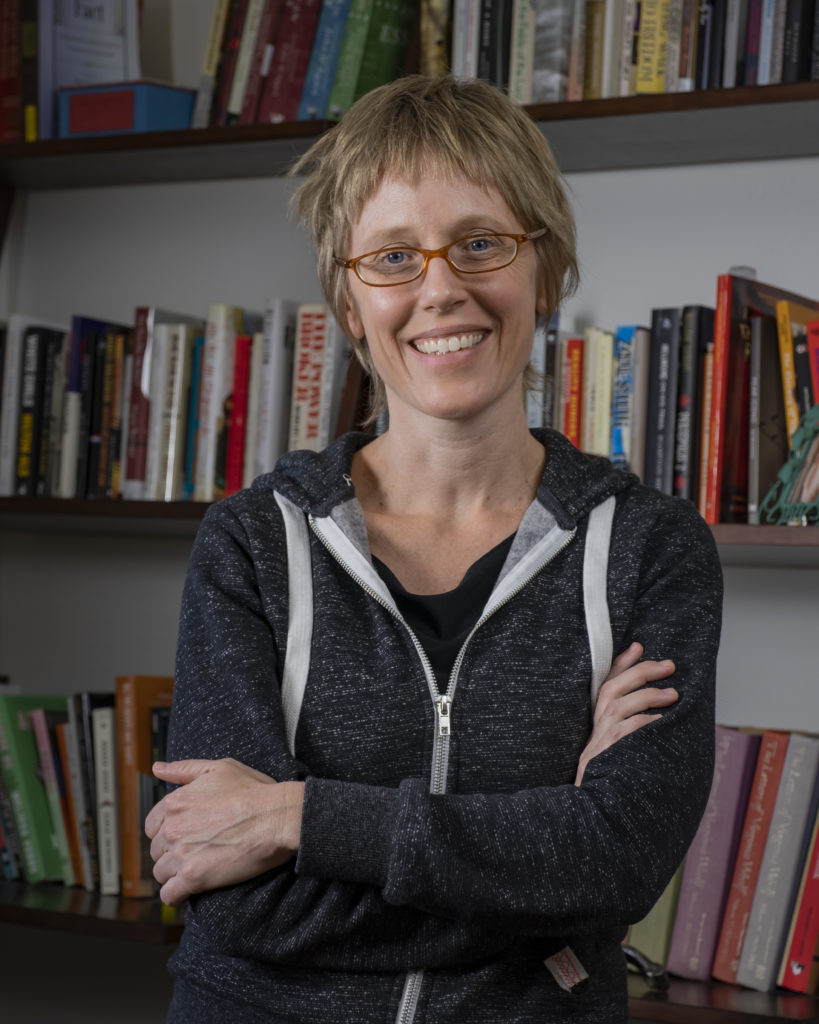
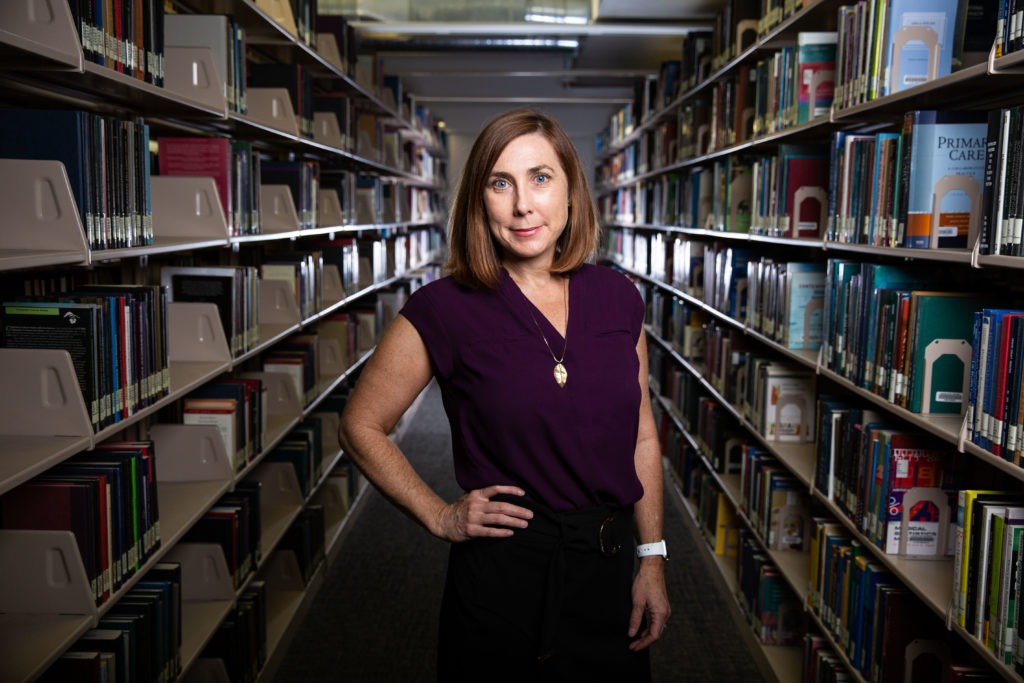

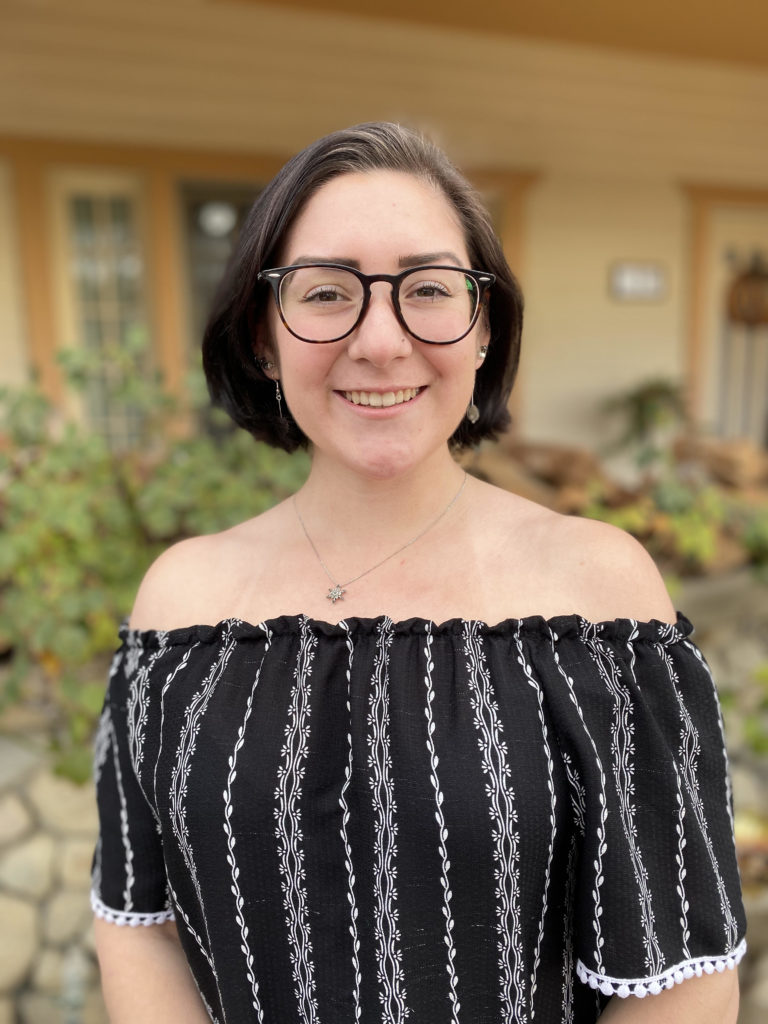
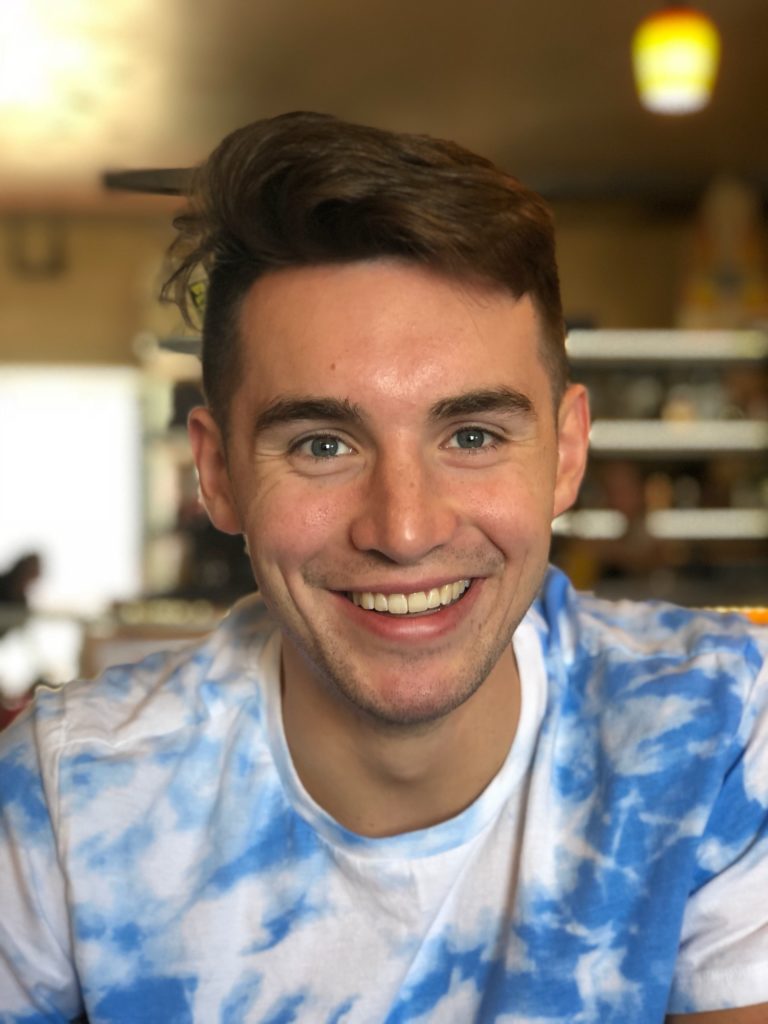

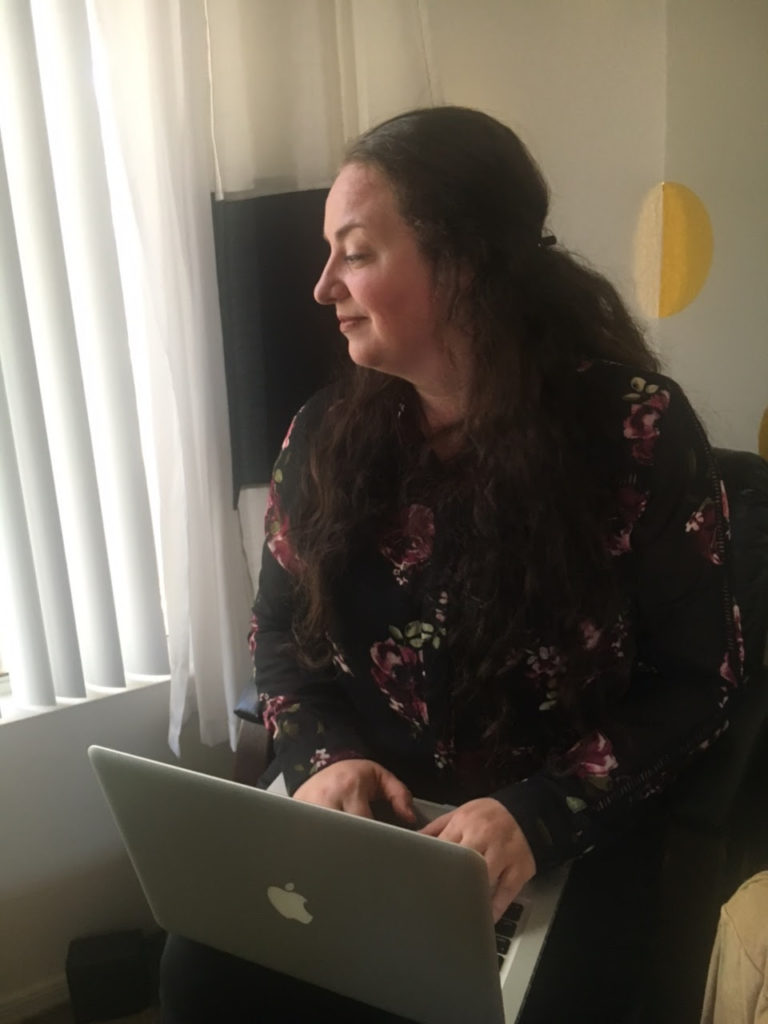
 I realized I wasn’t ready to write a poem about decorum when I couldn’t tell how an epigraph from the Budd Dwyer suicide video would play to the average person. In particular, I wanted to quote the press secretary’s plea for onlookers to “show a little decorum, please,” since it made me realize how strange the act of demanding/measuring civility is. That use of such a line might come off as disrespectful did occur to me, though, and I was forced to do some measuring myself.
I realized I wasn’t ready to write a poem about decorum when I couldn’t tell how an epigraph from the Budd Dwyer suicide video would play to the average person. In particular, I wanted to quote the press secretary’s plea for onlookers to “show a little decorum, please,” since it made me realize how strange the act of demanding/measuring civility is. That use of such a line might come off as disrespectful did occur to me, though, and I was forced to do some measuring myself.